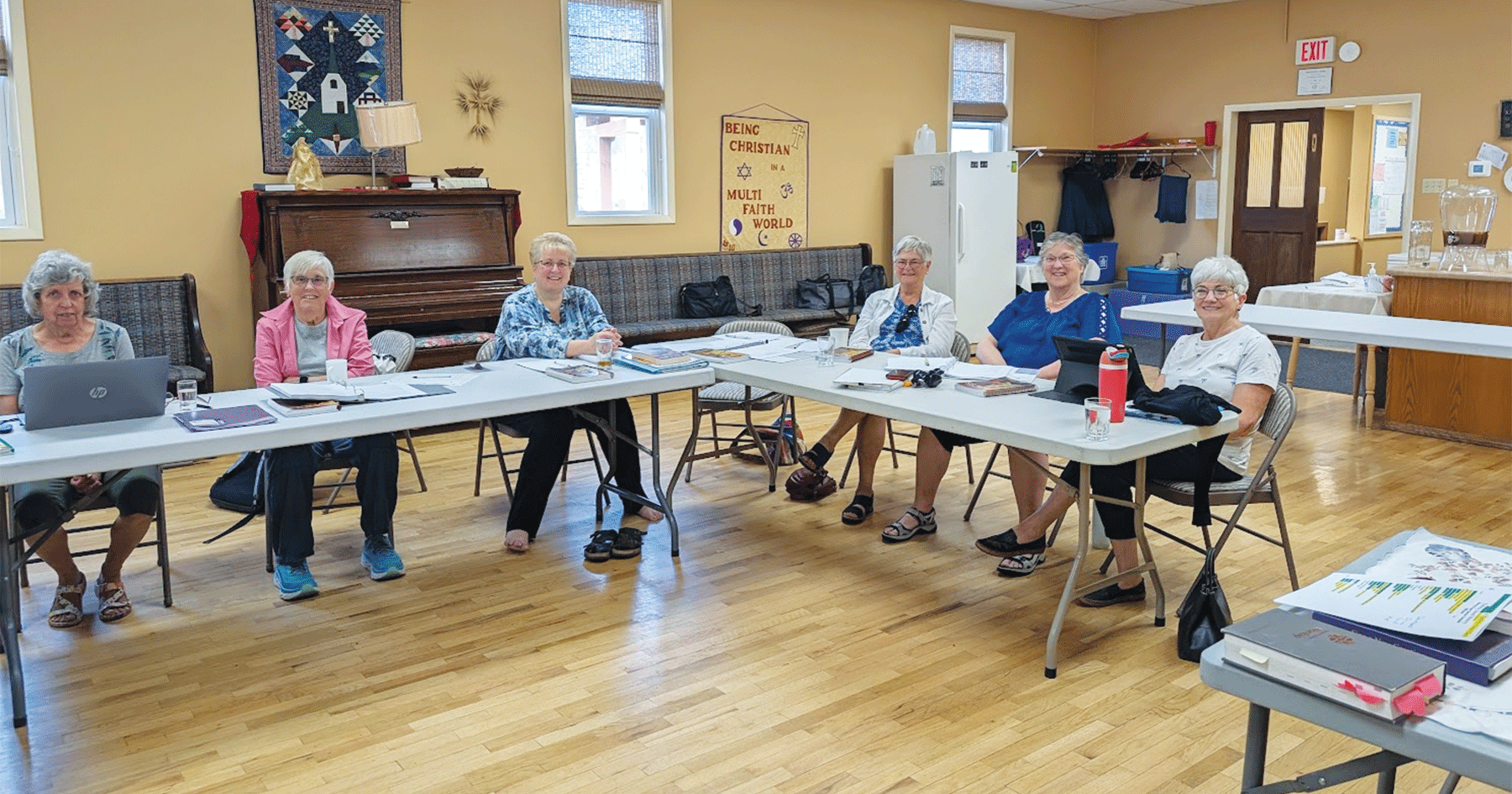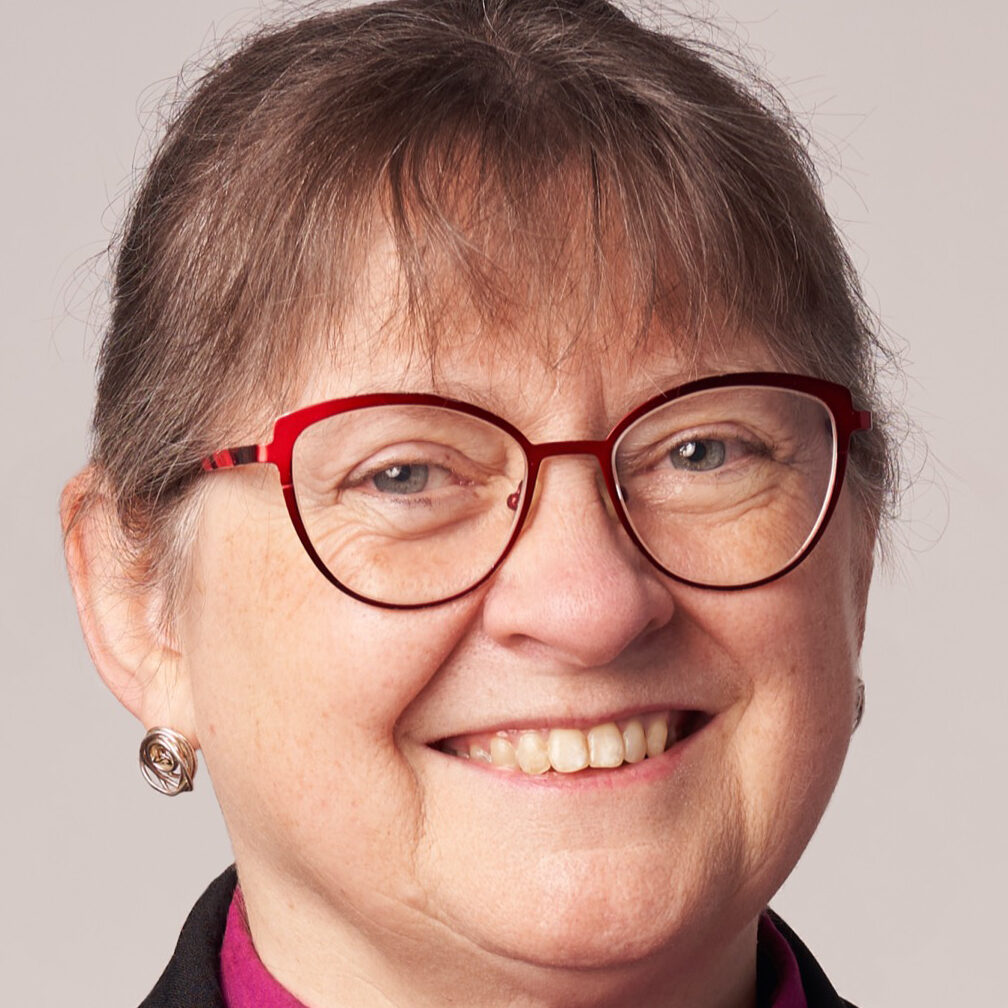One of the things that gives me great joy as Bishop is gathering with Lay Ministers around the Diocese. Certainly with the Diocesan value on “Whole-Hearted Worship,” preparing people for worship leadership is key. An important part of the work of a bishop is teaching, “equipping the saints for the work of ministry.” (Ephesians 4: 11-12). As we prepare for the church of the future, however that takes shape, certainly worship remains a central piece of who we will be as the Body of Christ, the people of God. Therefore we continue to build capacity for presiding, officiating, preaching, reading, leading prayers…many parts make up good worship.
I give thanks for all who prepare the sanctuary with beauty, for those who prepare and undergird our singing, play music for meditation, construct clear bulletins, greet people warmly, vacuum the sanctuary, advertise the time of worship on the website…
I wonder how many hats you wear serving your church to create “whole-hearted worship”?
We are blessed that God continues to call priests and deacons. In September I ordained three “transitional deacons” who are called to be priests in the church. We also have one other postulant for priest who is now in seminary; as well we have a postulant for the diaconate. Several others are inquirers for ordained ministry. Even with this, however, the church of the future will need lay leaders in worship.
Over the past few months I have done four trainings on leading worship using “Pray without Ceasing,” the new resource approved at General Synod for Morning and Evening Prayer. We gathered groups in Okanagan Falls for South Okanagan, Kimberley for East Kootenay, Castlegar for West Kootenay, and Lake Country for Central and North Okanagan. Around seventy people took the training, which was for lay leaders, mostly Licensed Lay Ministers, some exploring that ministry and others who have served in this way for decades, as well as some who want to use the resource for their own daily prayers. We began by discussing in small groups what each person loved about worship. Lively conversation ensued!
It is time for a new resource for the Daily Office, Morning and Evening Prayer, as this year marks the 40th anniversary of the Book of Alternative Services. Pray without Ceasing has both traditional and fresh language, is much easier to follow and easier for leaders to prepare, with a variety of choices built right in in the order of service The BAS was cumbersome; the new book does not require flipping pages to find litanies or canticles. Pray without Ceasing follows the Seasons of the Liturgical year, so has a rich variety that enhances our celebration of the feasts.
I would encourage you to use it for your daily prayer, but also to use it for Sunday morning community worship.
One of the shifts in liturgical practice in the last five decades has been to celebrate the Eucharist at the main Sunday worship every week. When I was a child Morning Prayer was celebrated every second week. (We children liked Morning Prayer better because for some reason Sunday school was longer than it was with the Eucharist service).
What has happened with this move to Eucharist only for Sunday has meant more reliance on ordained priests. With several parishes having access to priests less frequently, Lay people are leading Morning Prayer. In many cases this has re-enlivened worship. Of course, people (including me) love the Eucharist, with the Great Thanksgiving and the pilgrimage up to the altar to be nourished by the body and blood of Christ. I was alarmed, though, when a lay person said to me that she didn’t attend worship when it was “just” morning prayer. Jesus, the Word of God, is present with us in “The Service of the Word.” Jesus said he was present whenever two or more are gathered in his name.
I spoke to the Venerable Dr. Richard Leggett, professor of Liturgy at Vancouver School of Theology, now retired. He lamented that for people to choose not attend worship in our community when it is not the Eucharist meant that they had forgotten we are a “sacramental” community. A “sacramental community” means God’s grace, Christ’s presence, is in our midst whenever we gather. We are a sacramental community when we work together on the refugee committee, serve at our food cupboard, go on a hike to raise money for Alongside Hope, work with the Altar guild to polish the silver, enjoy the Pancake Supper or share coffee after worship. We are a sacramental community when we gather for worship. Yes, Eucharist is a sacrament, a mystery, a joyful and intimate, Spirit-filled time of God’s grace. However, God’s grace is also present in our gathered community when we pray Morning Prayer together. I think we need to reclaim a place for Morning Prayer on Sunday morning, as it has been for 450 years of Anglican worship.
With the training sessions for using Pray without Ceasing, we had wonderful discussion of how to enhance Morning Prayer so it is also a rich worship using all our senses: participation of all, physical movement, beauty, singing, sharing the Peace, saying the beloved doxology together at the end.
When Morning Prayer is used for the Main Sunday service, we must use the Revised Common Lectionary used in the Eucharist, so we are sharing the readings with our fellow Anglicans and thirty other denominations around the globe. This also is practical as most of the excellent resources we have for preaching preparation use this lectionary.
https://www.anglican.ca/wp-content/uploads/Pray-Without-Ceasing-2022.05.04.pdf
I commend Pray without Ceasing. I look forward to hearing from you how you use this resource in your community to create Whole-Hearted Worship!


